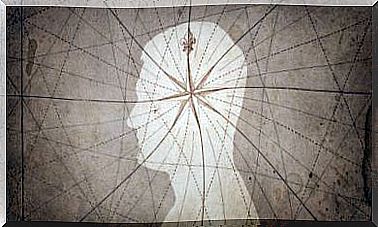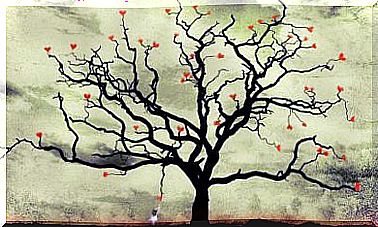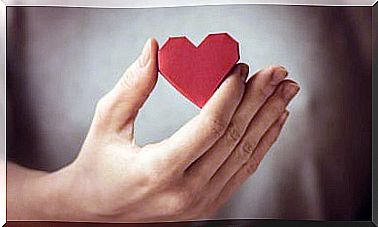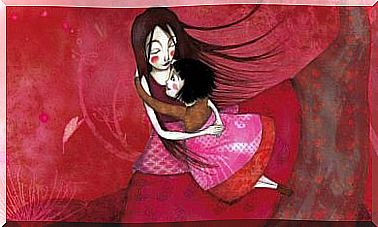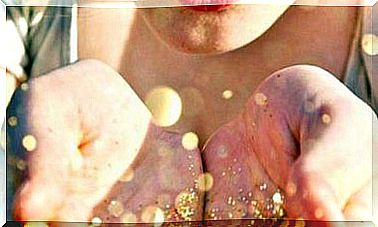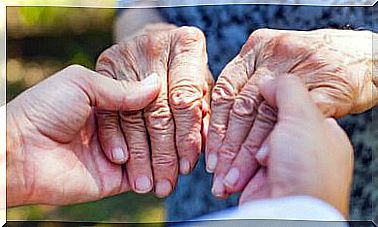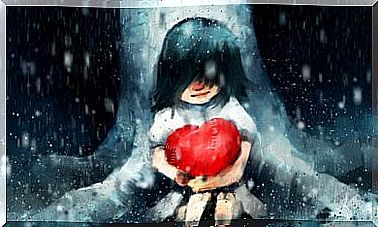We Don’t Lose Anyone, Because No One Owns Anyone
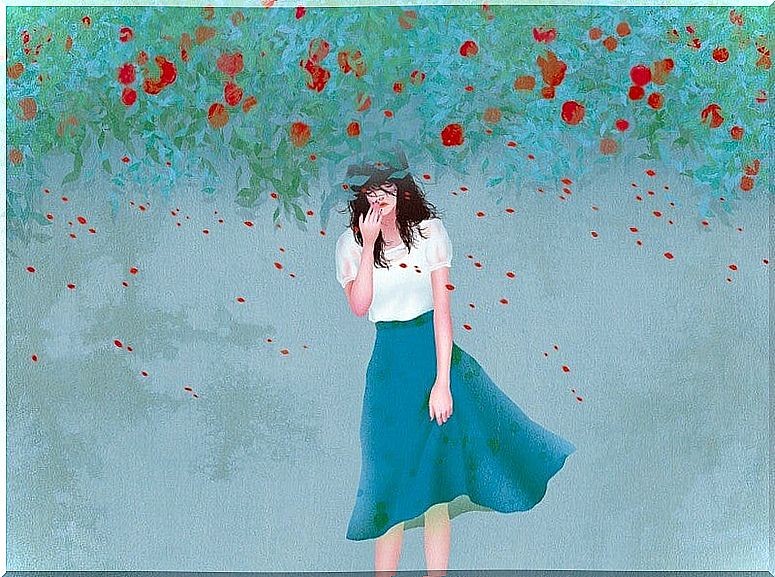
Having became an obsession within capitalism. This is because an imaginary has been configured according to which the essence of what we are depends on what we have. There is talk of “having” health, not being healthy. There is talk of “having” a partner, not of being in a loving relationship with someone. There is talk of “having” a job, not of being a worker. But nobody owns anything and neither does anyone.
Having has been placed above being, so that many times we fall into the logic of trying to define who we are through what we acquire. We even have identity difficulties when we lose what we’ve had for a while.
In terms of material goods, it can be said that practically everything we own is temporary. In other words, we have its use and enjoyment only for a time because it runs out, wears out, is damaged or deteriorates and we have to get rid of that object.
In other words, we don’t even have full possession of the objects. Still, there are those who not only ignore this truth, but also pretend to possess other people. This occurs with particular intensity in couple relationships which, by their very nature, in most cases include a component of reciprocal exclusivity.
Nobody owns nobody
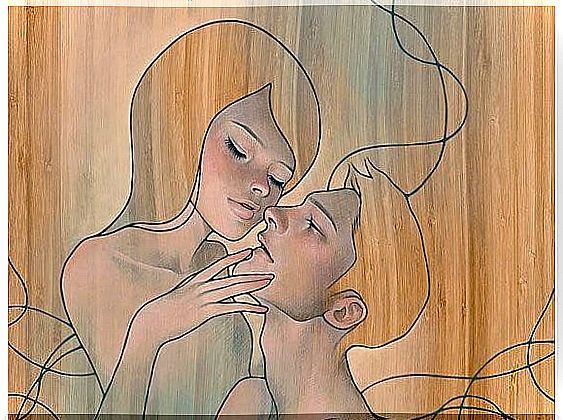
According to various investigations, monogamy is not one of the distinctive features in the nature of the human race. Quite the contrary: evolution proves that polygamy prevailed at the dawn of history and that the exclusive relationship between two is the result of a long and complex cultural process.
The human being was warning that polygamy could be quite problematic for a society as complex as the one that was built throughout history. However, for much of humanity the rule of maintaining a single partner from the beginning to the end of life is not something that is enforced. In the West today, this is almost absurd.
Despite the fact that when we are cold, we are all aware that this is how things work, in almost all relationships we want to go beyond what is reasonable. It seems that there is an ideal that is not renounced: to find someone who “is ours” forever.
Much of the initial words and promises of a relationship follow that logic. “I will be yours forever”, “Ours is eternal”, and so on. Another thing happens after those preliminary ardors. Sometimes the relationship just evolves and the couple learns to balance individual spaces and shared spaces.
Other times, however, the ideal of “having” the other or believing that he or she possesses him is not renounced. As the relationship generally involves an exclusive pact between the two parties, some go a step further and expect or demand that the other behave as if it were a possession. That is, the person believes that he owns his partner. The boundary that separates the mutual correspondence of feelings from the instrumentalization of the other person is lost.
You do not lose what you have never had
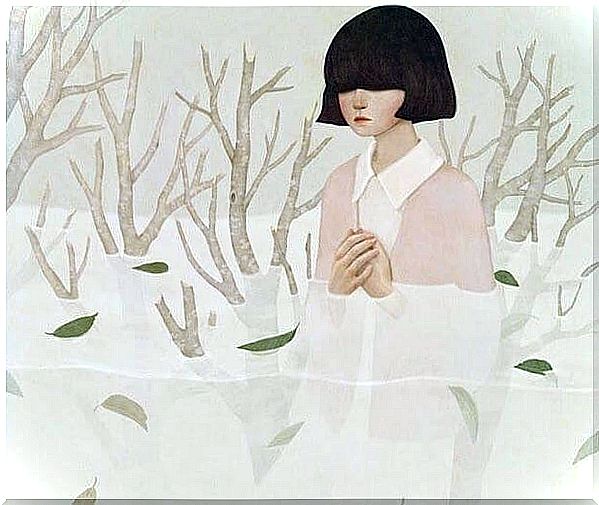
Establishing a loving relationship with another person does not mean that one has or owns the other. That is why it cannot be said that one person “loses” the other when the relationship ends. Strictly speaking, what is experienced as a love “loss” turns out to be more of an evolution within a process.
Feelings are not something fixed in human beings. On the contrary, both our emotions, as well as the feelings themselves, the needs, expectations and everything that makes up our inner world, is in constant motion. We have, of course, a temperament and a character that is more or less persistent. But our perception of objects of affection or desire is relatively unstable.
Even in the most enduring and intense loves this happens. You do not love the same person, in the same way, in all moments of existence. Sometimes you love more, sometimes less. Sometimes you don’t love yourself and suddenly love reappears, all with the same person.
If we cannot even say that we completely own ourselves, how could we think that we have possession of another person? If we do this it is because we are trapped in a fantasy of our own ego and this prevents us from differentiating what is our own from what is foreign. We come to believe that they are the same.
For this reason, when faced with a breakup, we feel “at a loss”, as if we no longer “had” something that previously “belonged to us”. We overlooked the fact that what changed were the feelings and motivations that previously led to intimacy and now call for distance.
The only void that a human being leaves in the life of the other is that of the illusion that it would always be there. What is really lost is the support for that illusion, but not the other person because no one owns anyone. Hence, faced with these situations of rupture, rather than mentally placing ourselves in a situation of loss, we should consider the matter as a process of internal rearrangement.
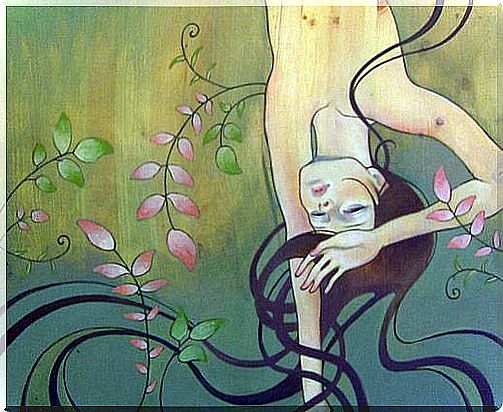
Images courtesy of Jung Eun Park, Audrey Kawasakinn

